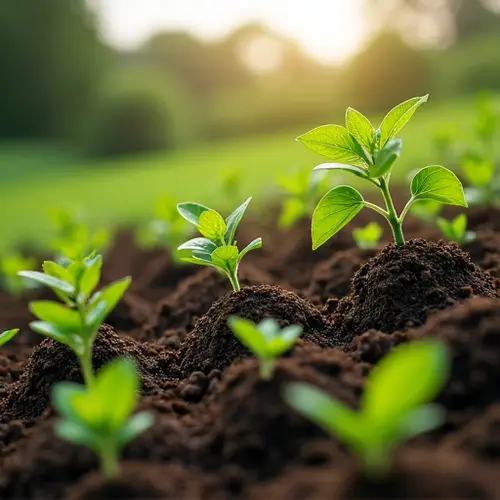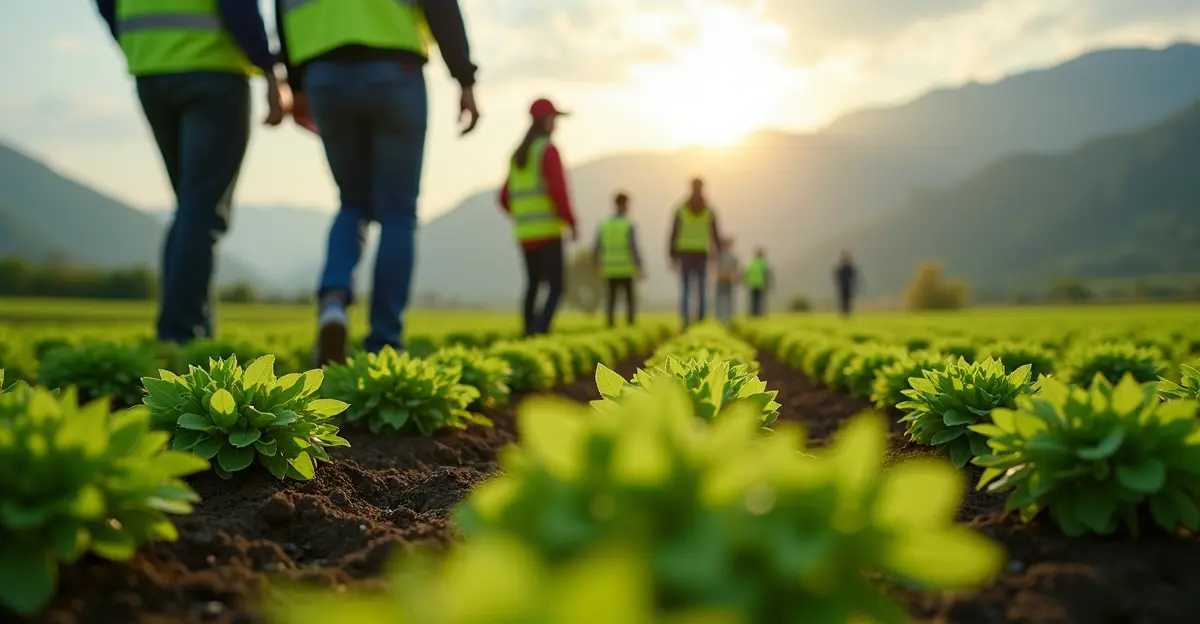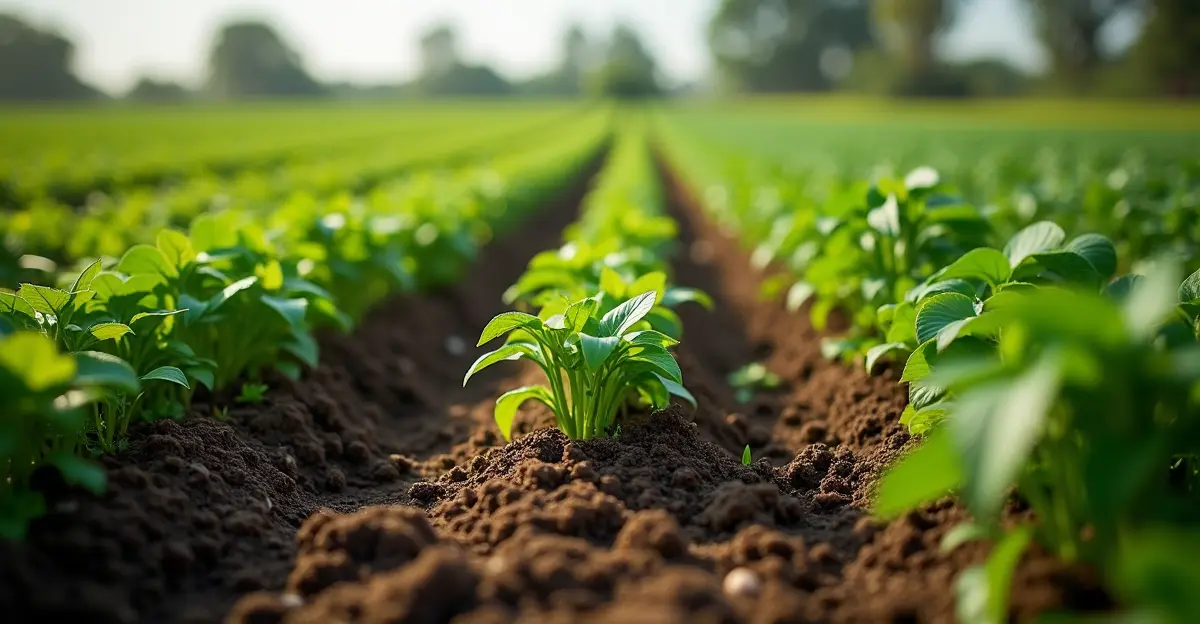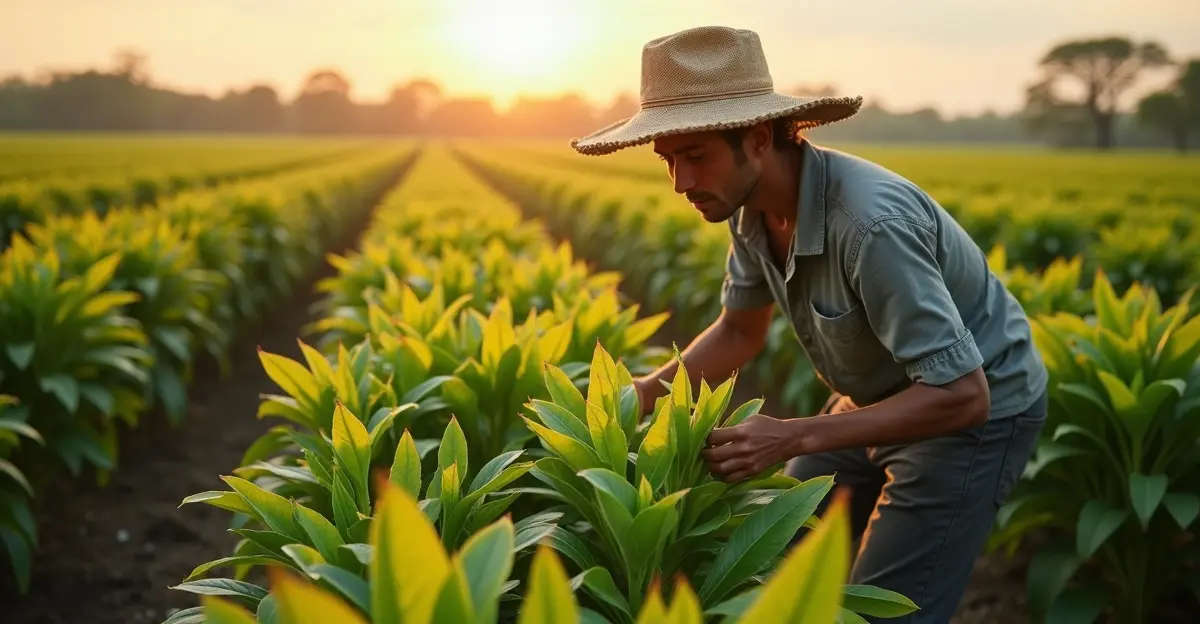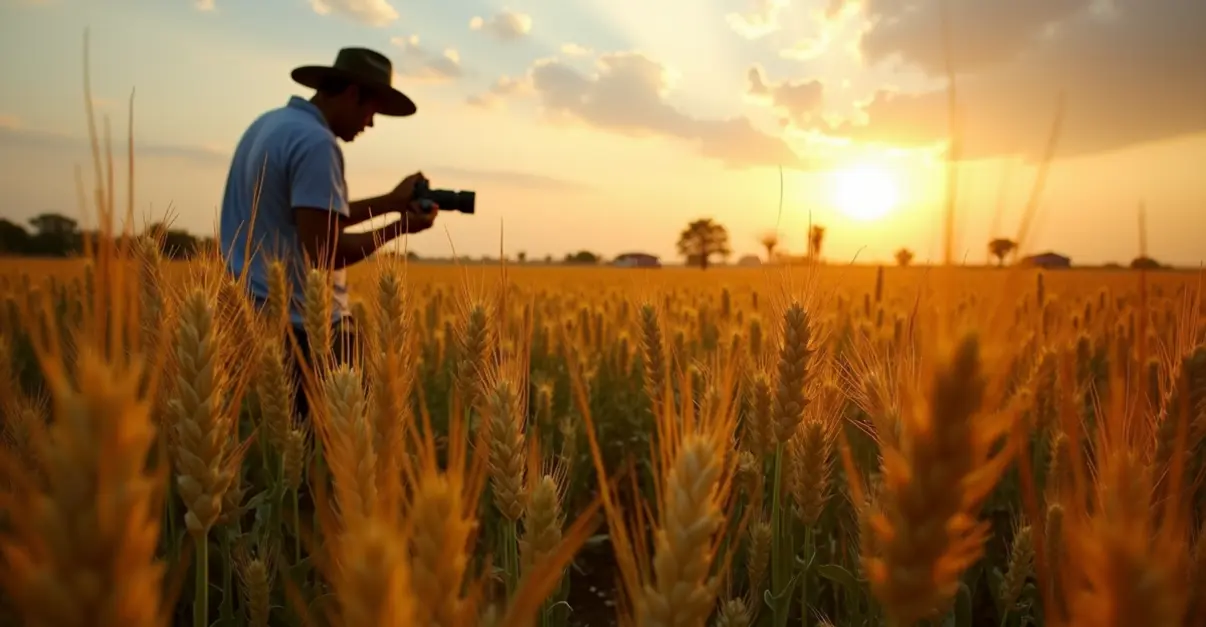Global pesticide reduction initiatives gain momentum in 2025 with EU organic regulations, integrated pest management success, and farmer training programs showing 25% pesticide reduction while increasing yields and profits.
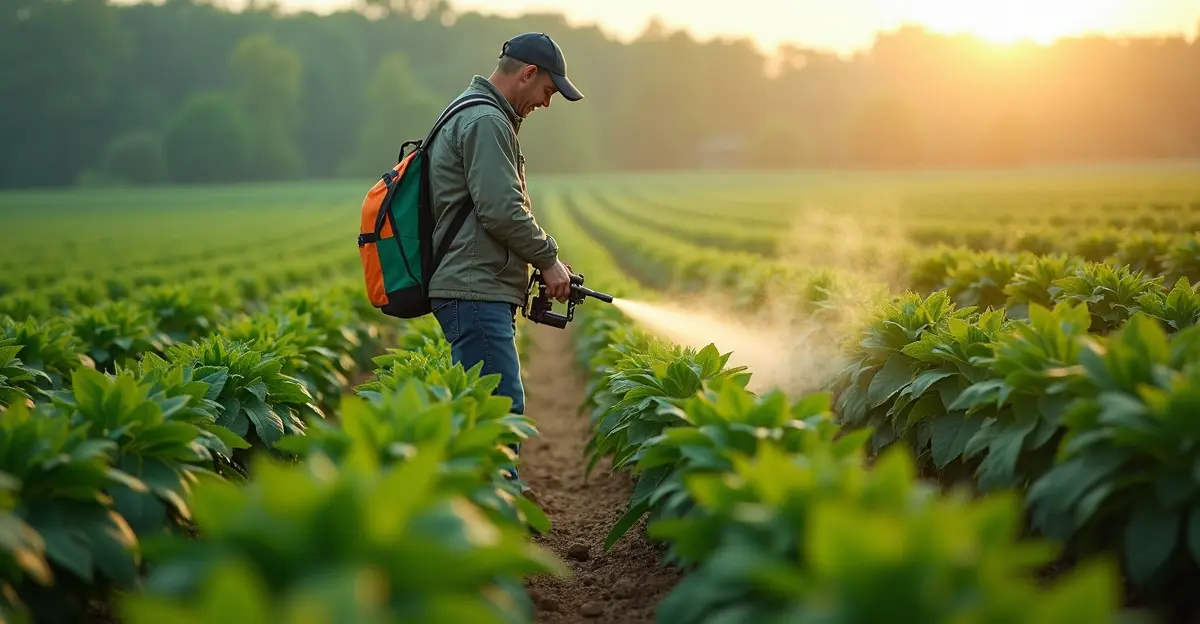
Agricultural Revolution: Pesticide-Free Future Takes Root
In a significant shift toward sustainable agriculture, global initiatives to reduce pesticide use are gaining unprecedented momentum in 2025. Farmers, policymakers, and environmental organizations worldwide are embracing organic farming and integrated pest management (IPM) as viable alternatives to traditional chemical-dependent agriculture.
The Growing Movement
The push for pesticide reduction has become a global phenomenon, with the European Union leading the charge through its new organic regulations. 'We're seeing a fundamental transformation in how we approach crop protection,' says Dr. Ulrich Kuhlmann, Executive Director of Global Operations at CABI, who recently received the International IPM Lifetime Achievement Award. 'Farmers are recognizing that sustainable practices not only protect the environment but also improve their bottom line.'
The statistics speak volumes: according to FAO data, integrated pest management combined with Farmer Field Schools has demonstrated remarkable success, reducing pesticide use by 25% while increasing yields by 13% and profits by 20%. In specific crops like tea and cotton, the results are even more impressive with pesticide reductions of 80-92%.
EU's Bold Regulatory Framework
The European Union has implemented sweeping changes through its 2025 Organic Regulation, which eliminates the 'equivalence' principle for most non-EU countries. This means all organic imports must now fully comply with EU standards rather than equivalent standards, creating a level playing field for sustainable agriculture.
'This represents a major step forward in creating truly sustainable food systems,' comments Maria Rodriguez, an agricultural policy expert. 'By requiring the same strict standards for all producers, we're ensuring that organic truly means organic, regardless of where the food comes from.'
Integrated Pest Management Success Stories
Integrated pest management, defined by the UN's Food and Agriculture Organization as 'the careful consideration of all available pest control techniques,' is proving its effectiveness across diverse agricultural systems. The approach emphasizes growing healthy crops with minimal disruption to agro-ecosystems while encouraging natural pest control mechanisms.
In Malaysia, oil palm plantations implementing IPM strategies have achieved a 40% reduction in pesticide use, a 25% increase in beneficial insects, and a 20% reduction in pest control costs, according to the Sustainable Agriculture Network.
Global Initiatives and Training Programs
CropLife International's Sustainable Pesticide Management Framework is making significant strides across Africa, Asia, and Latin America. The program, currently active in seven countries with plans to expand to Colombia and Indonesia by 2025, addresses the triple challenge of climate change, biodiversity loss, and food security.
The training impact has been substantial, with CropLife International reporting that 20.5 million farmers are trained annually in sustainable practices, exceeding their 2025 target of 20 million.
Environmental and Economic Benefits
The environmental imperative for pesticide reduction has never been clearer. Pests, weeds, and diseases now cause $220 billion in annual losses globally, with climate change and biodiversity loss exacerbating the problem. However, the transition to sustainable practices offers multiple benefits beyond environmental protection.
'What we're seeing is that sustainable agriculture isn't just good for the planet—it's good for farmers' wallets,' notes agricultural economist Dr. James Wilson. 'The combination of reduced input costs and often higher market prices for sustainably produced crops creates a compelling economic case.'
As the global community continues to embrace pesticide reduction initiatives, the agricultural sector appears poised for a transformation that could reshape food production for generations to come, creating healthier ecosystems, safer food supplies, and more resilient farming communities worldwide.

 Nederlands
Nederlands
 English
English
 Deutsch
Deutsch
 Français
Français
 Español
Español
 Português
Português




